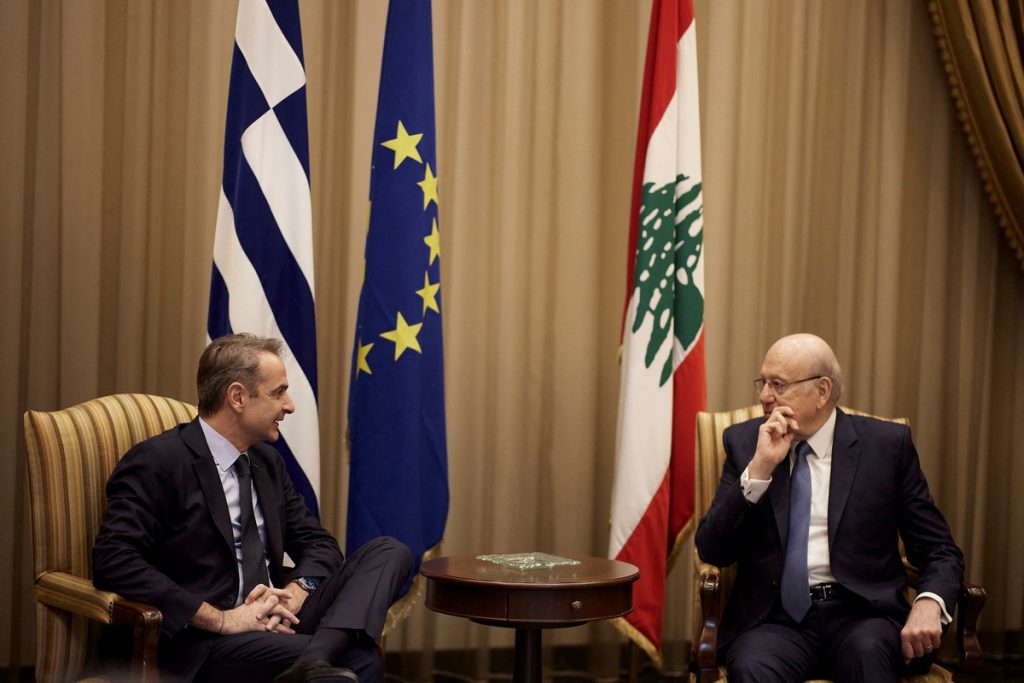I listened carefully to all the politicians, functionaries and academics who spoke at the conference on foreign policy co-organised by To Vima, the Delphi Economic Forum and the Council for International Relations (at the King George Hotel, December 12-13).
And I’ll let you in on a secret.
There didn’t seem to be much of significance to distinguish them all from one another. They all said (more or less) the same things in relation to (more or less) the same points of reference.
The conference was staged in the context of the celebrations for the 50th anniversary of the return to democracy in 1974 (the Metapolitefsi), and to my mind it simply confirmed something I’d already realized.
That Greek foreign policy is based on a broad consensus, which remains remarkably uniform, over and above party or ideological differences and despite disagreements on single issues.
This is no small achievement in a country that usually finds it hard to agree on anything, even electricity prices. And which has spent over a century and a half of its existence as a modern state seeking to align itself with some Great Power or other.
But the period of the Metapolitefsi seems to have healed the wounds.
Greece is a Western European country, without footnotes, asterisks or the need to play the poster boy.
And there’s something still more important: it doesn’t seek to resolve its differences or cure its ills and failings in any other context or in relation to any other point of reference.
It’s a success story. There may be a range of views on what being a Western European country actually involves, but it never occurs to anybody to question whether Greece actually is one. Only to the eccentric or the unhinged.
We owe this great achievement to the generations of politicians of all parties who have served the country since 1974. Still, it receives far less attention than it deserves.
For the simple reason that the divisive logic that generally prevails in our discussions and quarrels hates to acknowledge any islands of rationality or consensus.
Just a decade ago, there were lunatics on the loose calling for Greece to mint Drachmas in Russia.
People who looked upon the unthinkable and found it reasonable. Thankfully, the unthinkable lost.
So there are, and there always will be, voices on the fringes. We hear them mainly in relation to Greek-Turkish relations, which are more emotionally charged.
But they can’t hide the fact that in the field of foreign policy, a broadly majoritarian space has emerged that seeks moderation, security and protection.
And because (to the best of my knowledge) we continue to live in a democracy, it is the majority that determines national policy. Thank goodness.


